Eco Label
The eco label helps consumers identify products or services with better environmental quality that is superior to those required by law. It is deemed as one of the most suitable methods to implement a circular economy. For example, the Type I Ecolabel defined under ISO 14024 requires products to comply with the requirements in the whole life cycle, and verification by an independent third party. Only 25% of the products on the market achieve such a level of environmental performance.
ASUS has been long investeding in the R&D of green products. Through the use of safer chemicals, environmentally friendly and recycled materials, lightweight packaging, and outstandingly energy-efficient excellent products energy efficiency, and along with the design of products that are easy to disassemble and repair, the proportion of the revenue from ASUS Eco Friendly Products was now account for 89% of revenue. Furthermore, we demonstrate our green competitiveness by obtaining strict certification of international environmental eco labels.
EPEAT is regarded as one of the highest product environmental protection standards. Its standard include ten requirements for substance management, material selection, product design, energy usage, and product & corporate footprint, which focus on reducing the impact on the environment in the entire life cycle and is regarded. The EPEAT 2.0 has become more stringent since it revised was in 2018. But ASUS still actively registers products such as laptops, desktop computers, and liquid crystal displays as EPEAT products, and obtains the TCO certification in Sweden and Japan Eco Mark.
In addition to EPEAT, ASUS also actively participated in the application of various eco labels in Europe, North America, and Asia.
We also adopt the method of Sustainability Accounting Standards Board (SASB) to calculate the proportion of sales on eco-label products over corporate revenue as one of the reference indicators for investors and an important part for demonstrating ASUS's green competitiveness. For information on the revenue of Eco Friendly Products please refer to The calculation base of environmental indicators in the report.
89
%Percentage of Revenue of Eco Friendly Products in 2024
47
%The Ratio of Revenue of Products Complies with EPEAT or Equivalent Standards in 2024
EPEAT Environmental Performance
We used the GEC (Green Electronics Council) assessment tool for products that received the EPEAT label in 2021 to determine the total reduction in environmental impact of EPEAT products sold in 2024 as below. It demonstrates that products with EPEAT label perform better and shows our commitment to reducing the environmental impact of our products.
135823
tonnes CO2eGHG reduction
21552
tonnesSolid Waste reduction
1521015
tonnesWater Consumption savings
581903
MWhEnergy savings
ASUS Is an EPEAT Climate+ Champion
In 2023, the Global Electronic Council (GEC), the governing body of EPEAT, launched the EPEAT Climate+ to encourage enterprises to take concrete actions towards climate change mitigation and accelerate the development of low-carbon technology. In response, ASUS established science-based carbon reduction targets (SBTs), implemented renewable energy usage, initiated supply chain carbon reduction programs, and conducted product carbon footprint assessments. As a result, ASUS' products were promptly attained the new EPEAT Climate+. Additionally, ASUS was recognized as an EPEAT Climate+ Champion for our outstanding performance in overall corporate carbon reduction efforts, as well as our early adopter leadership.
Continuously expanding the portfolio of products registered under EPEAT Climate+, ASUS not only provides purchasers with a pathway to identify low-carbon products but also reduces carbon emissions throughout the product lifecycle. This underscores ASUS' unwavering commitment to carbon reduction. Below are our actions:
Verifiable Low Carbon Product
ASUS demonstrated continuous efforts to offer low-carbon product by providing verified carbon footprint report.
Achieving Renewable Energy 15% Usage
ASUS global operations have achieved 15% renewable energy adoption (RE15), and expect to reach RE100 by 2035.
Efficient supply chain to reduce carbon footprint
ASUS key suppliers have reduced emission intensity by approximately 26% compared to the baseline year(2020) and our goal is to reach 30% by 2025.
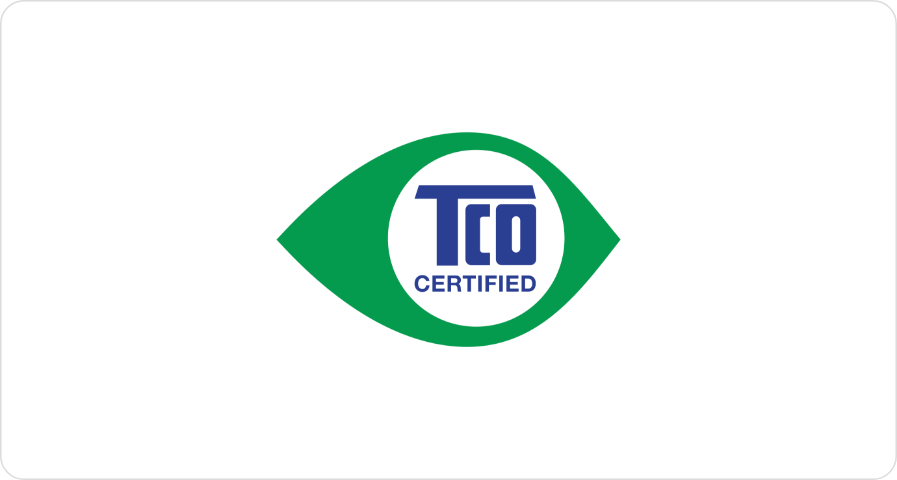
TCO Certification
TCO certification system is an international mark that makes it easy to choose IT and office equipment designed for the benefit of both the user and the environment. Product categories of TCO certification include Displays, Desktops, Notebooks, Tablet, All-In-One PCs, Projectors and Headsets.
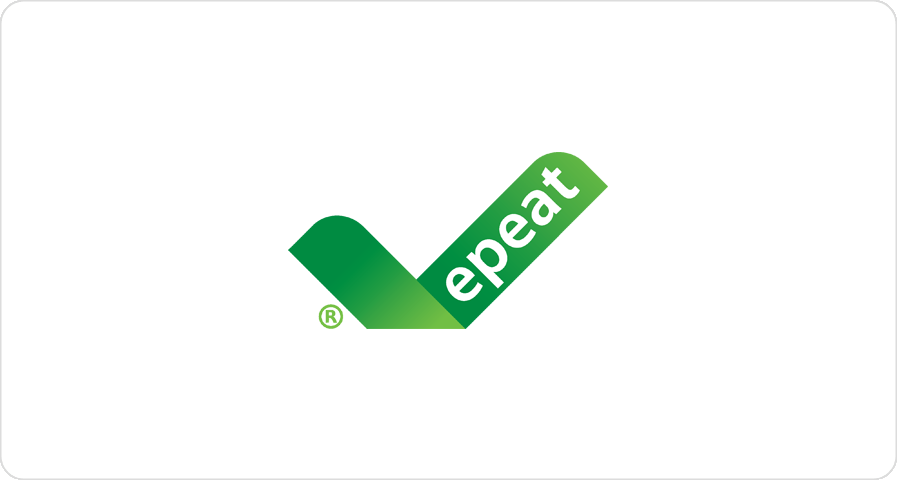
EPEAT
Electronics Products Environmental Assessment Tool (EPEAT) is an easy-to-used environmental procurement tool to evaluate a set of 10 environmental performances. In 2006, IEEE (Institute of Electrical and Electronics Engineers, IEEE) made those requirements become IEEE 1680 standard of the electronic products. In April, 2018, IEEE 1680.1:2018 was released. To Accelerate technology decarbonization EPEAT Climate+ launch in 2023. ASUS is named as an EPEAT Climate+ Champion, having all registered one or more EPEAT Products that earned the Climate+ Product distinction.
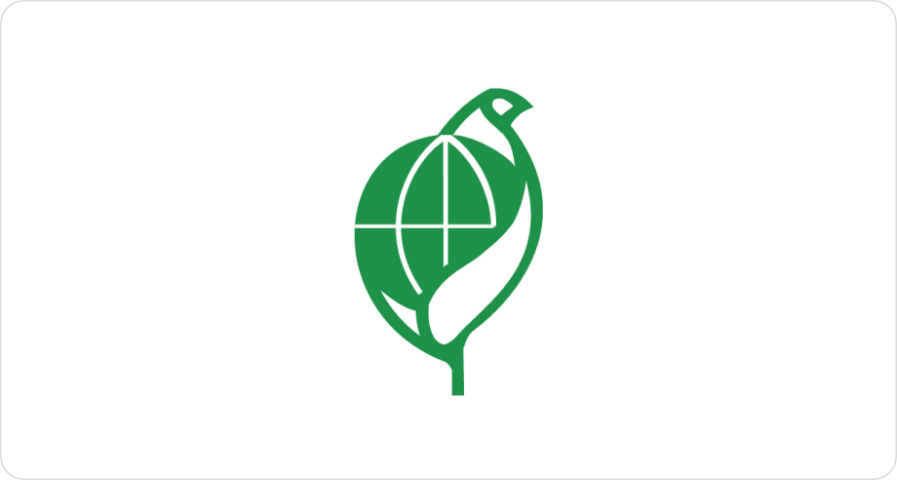
Green Mark
The Green Mark logo comprises a green sphere enwrapped in a green tree leaf. The green leaf represents the green consumerism while the green sphere symbolizes a clean and unpolluted Earth.
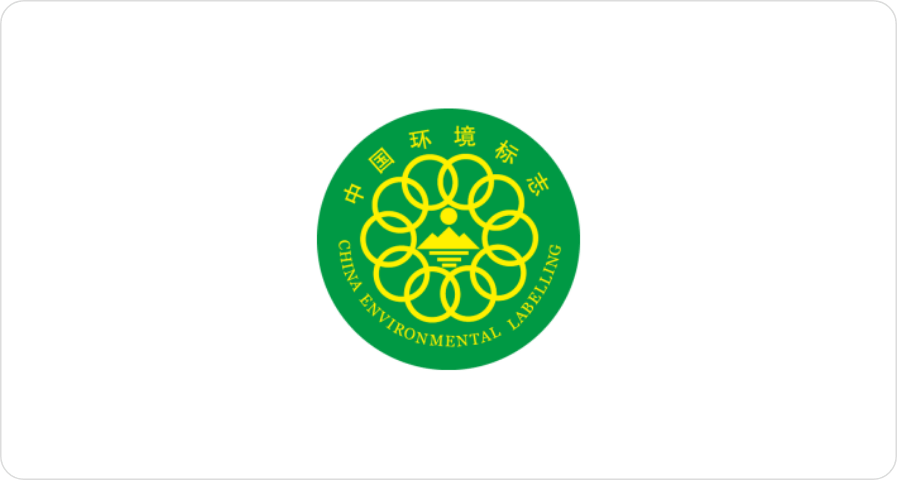
Environmental Labeling
The figure of Environmental Labeling is composed of sun, verdant hill and water in the center. It is circled with ten rings. Its central construction stands for environment that human exists, and peripheral ten rings closely connect to each other, which expresses that the public participate in environmental protection. At the same time, the "ring" and the "environment" in Chinese share a Chinese character in common, which implies that "all the people unite together to protect our human environment".
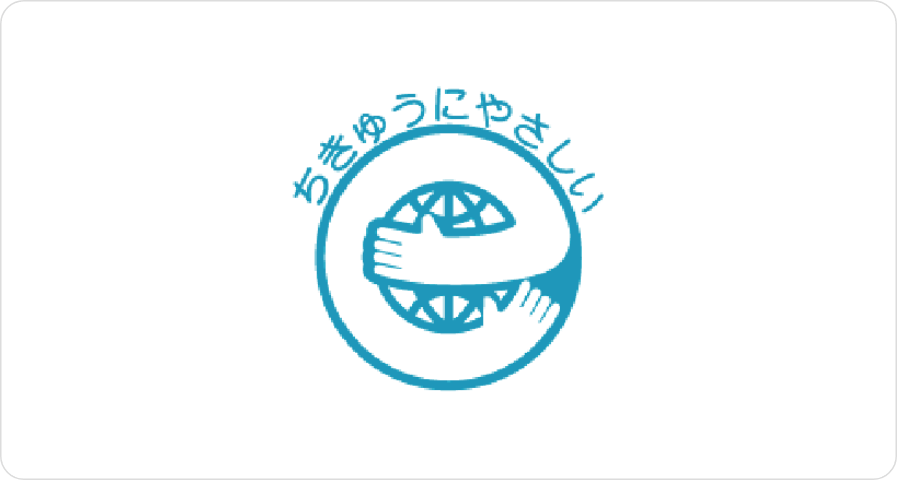
Japan Eco Mark
Japan Eco Mark is issued by the Japan Environmental Association (JEA) in accordance with the international standards ISO14020 and ISO14024 to regulate the specifications and application procedures of the ecological mark, it is the only Type I environmental label in Japan.
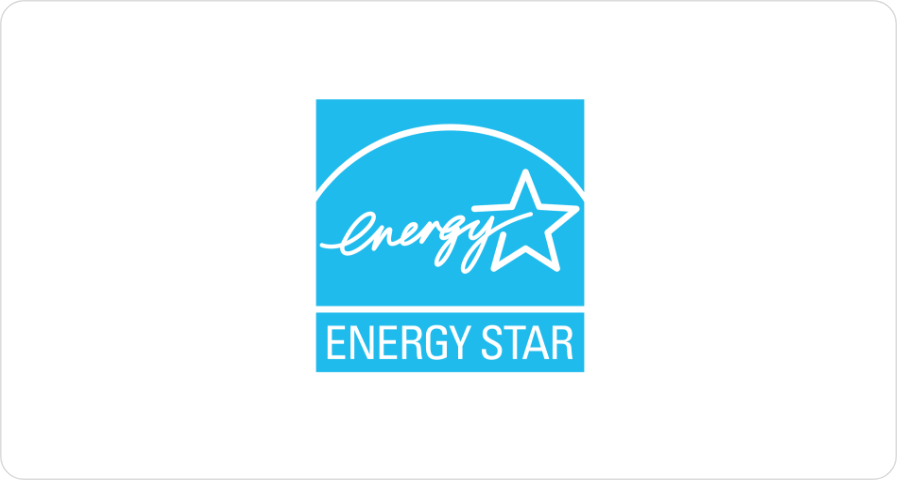
ENERGY STAR®
ENERGY STAR® is a joint program of the U.S. Environmental Protection Agency and the U.S. Department of Energy helping us all save money and protect the environment through energy efficient products and practices. please visit http://www.energystar.gov for detail information on the ENERGY STAR® joint program.

